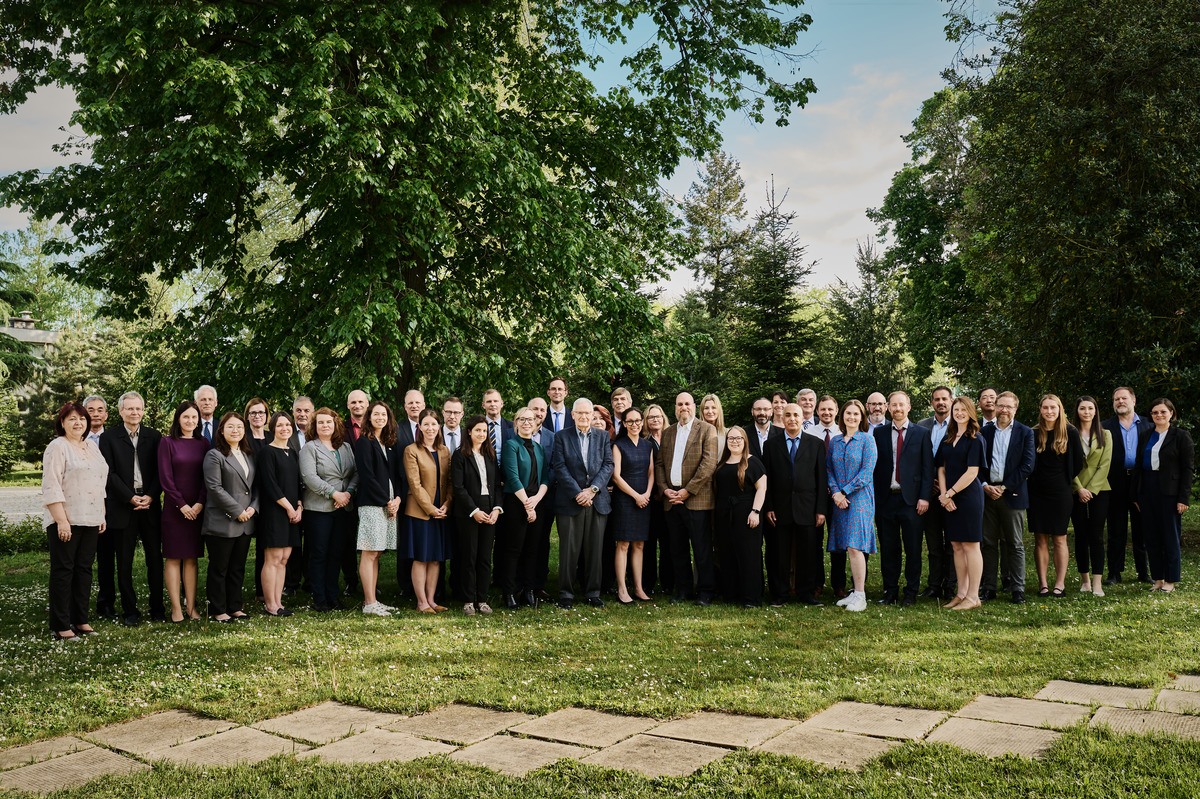IPNDV Working Group Meeting
March 26-28, 2018
Opening Remarks (As prepared)
Andrés Jato
Head of Department
Department for Disarmament and Non-Proliferation
Ministry of Foreign Affairs, Sweden
Ladies and Gentlemen, distinguished delegates,
Let me begin by warmly welcoming you to Sweden. I am sure that you will have three highly productive days here, but I also hope that you will get a chance to spend some time outside this hotel. Our beautiful capital is just a short boat trip away and hopefully you will have time to pay a visit.
Let me also take this opportunity to thank the US State department, The Nuclear Threat Initiative, and the co-chairs for their preparatory work. I also want to give a special thank to the Swedish Radiation Safety Authority for all the practical arrangements.
:::::::::::::::::::::::::::::
This building was constructed in 1860 as a mill.
In those days, long before GMO techniques were introduced, it took time before you could make bread out of the crop you had grown.
We therefore have a saying in Swedish that the mills grind slowly.
Unfortunately, the same goes for disarmament and nonproliferation.
Sometimes you even get the impression that the mills have stopped grinding altogether.
Hence, a “GMO” treatment in this area would not hurt.
And I hope this meeting will be a step in that direction.
::::::::::::::::::::::::::::::::::::
Sweden has a broad engagement and a long history of working for disarmament and non-proliferation.
Our goal, which I am sure that we share with everybody else in this room, is a world free of nuclear weapons.
After years of polarizing debates, it is now more important than ever to seek common ground. The framework best suited for such efforts is the NPT.
Nuclear and Non-Nuclear Weapon States alike must contribute to advancing its implementation, not least by undertaking risk reducing measures and Sweden will take active part in this process.
We are facing challenging times. The future of the JPCOA is uncertain. The same goes for the INF Treaty and arms control more broadly. We urge US and Russia to engage in talks on the future beyond the New START Treaty. An extension – or a new treaty also covering non-strategic nuclear weapons – would be crucial for global security.
DPRK has defied the world community by accelerating its nuclear weapon- and missile program. Sweden has long argued that any scope for creative diplomacy must be fully exploited and recently a diplomatic window of opportunity seems to have opened.
As a non-permanent member of the UN Security Council and a country with relevant diplomatic channels, Sweden remains ready to facilitate such a process.
In times as these, of armament and modernization of nuclear weapons, it is encouraging to witness the ongoing work on verification between Nuclear Weapon States, possessor states and Non-Nuclear Weapon States.
Verification for nuclear disarmament is now high on the agenda. More States take part in discussions on this topic and the number of concrete initiatives has increased. Today, we are pleased to welcome Hungary, Nigeria and Pakistan to this meeting.
There are also other on-going verification projects, such as the UN Group of Governmental Experts and the multi-year arms control simulation initiative between the US, the UK, Norway and Sweden called the Quad Nuclear Verification Partnership.
Smaller groups allow for technical verification work at a more detailed level, and lessons learned complement broader initiatives like the IPNDV and the GGE.
The IPNDV can in turn serve as a framework, with concepts and scenarios that can be further studied by other, smaller constellations.
To stay efficient, it is important to promote interaction between on-going initiatives and to build on previous experience. The mere fact that many of you here present, are also members of the newly established GGE is a good example of how such interface can be ensured.
Verification is a necessary part of any disarmament agreement. Even so, it is true, that verification is not an end in itself. But it will be needed to build confidence and trust, and it will be essential for upholding a world free of nuclear weapons.
The CTBT’s group of scientific experts is often highlighted as a good example of an effective bottom-up approach, when technical solutions have preceded and paved the way for a treaty.
I expect that the same will be possible for nuclear verification disarmament. We need to start laying the foundation now so that it is ready to be used when the time is ripe and when there is political will.
I also firmly believe that verification will benefit from close collaboration between Nuclear Weapon States, possessor states and Non-Nuclear Weapon States.
The Nuclear Weapons States bear the responsibility in reducing and eventually eliminating their nuclear arsenals. But Non-Nuclear Weapons States have a role to play in international verification processes to ensure credibility and to ensure that all states and their citizens have confidence in the process. As an illustration, it has been key for the credibility of the IAEA that its inspectors come from different corners of the world.
Ladies and Gentlemen,
We are now embarking on a new phase of our partnership.
We do this by sharing the common objective to advance effective verification.
We are all motivated to deepen our efforts and we agree that the partnership should result in practical outcomes.
We have expertise from a broad group of countries and we have engagement from three of the world’s Nuclear Weapon States.
Together we can explore and develop the necessary building blocks and arrangements for effective verification.
Thank you and Good Luck!!





